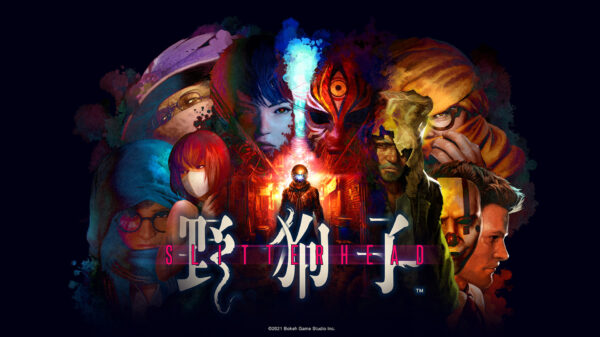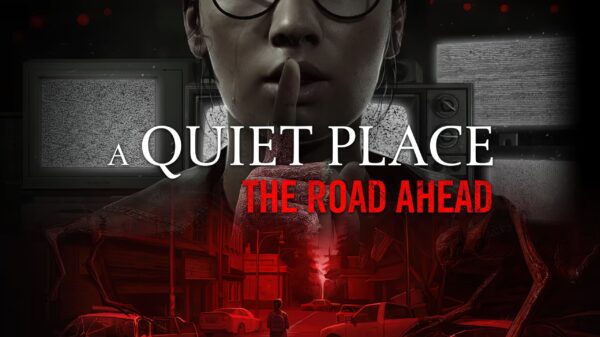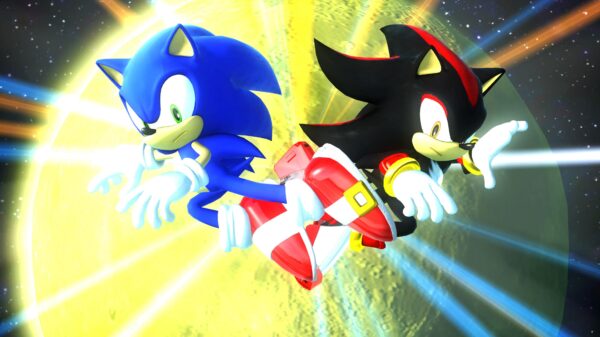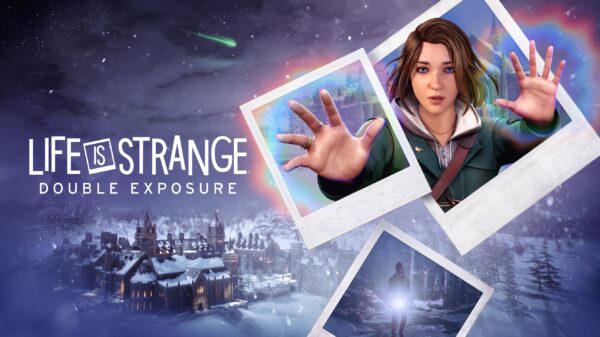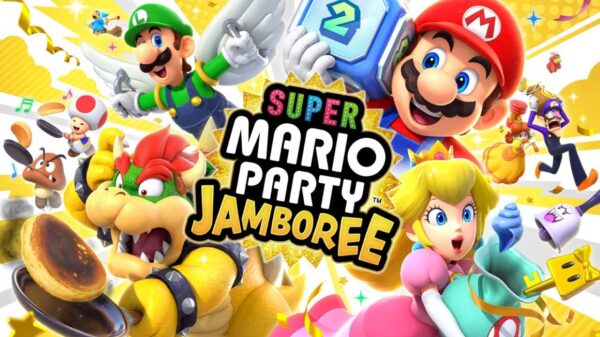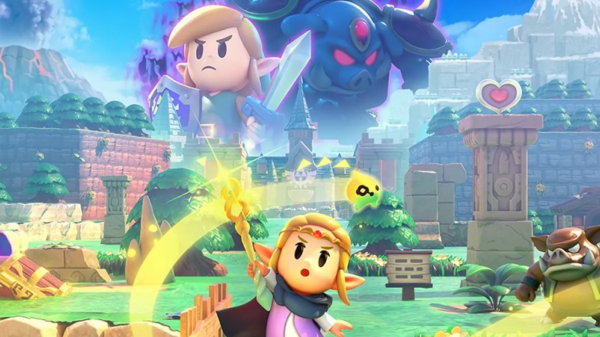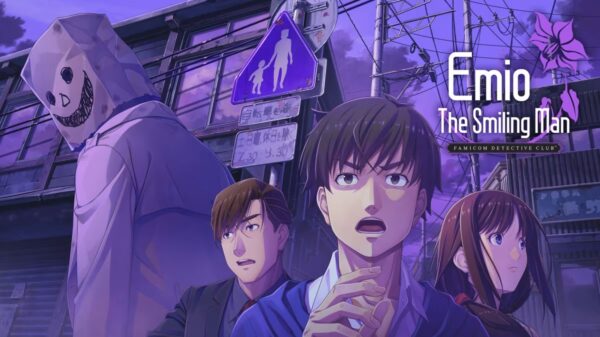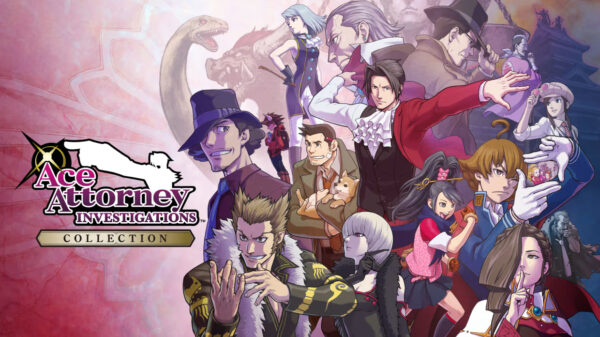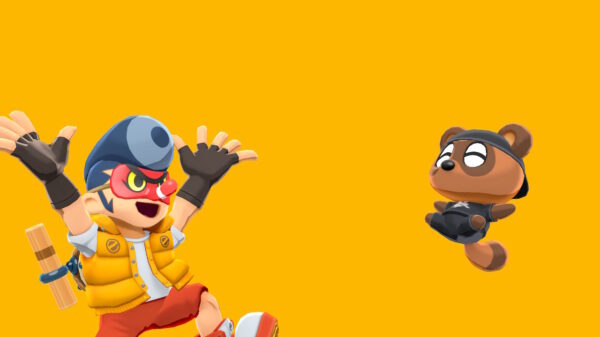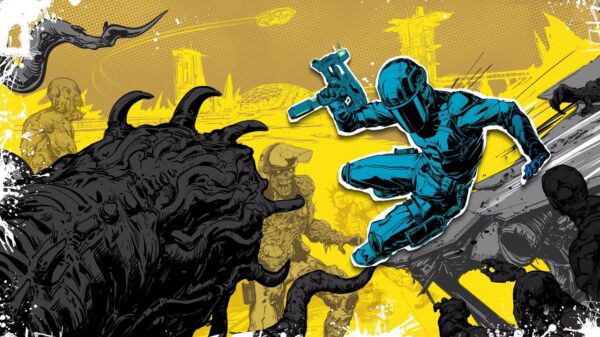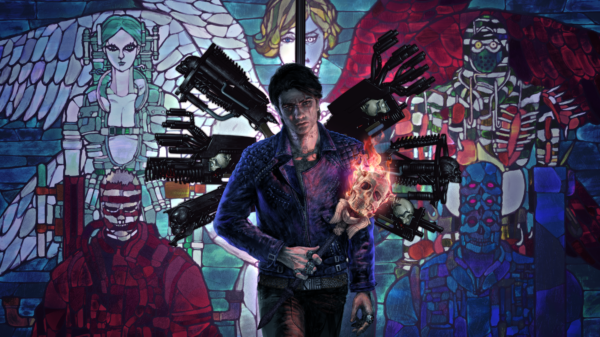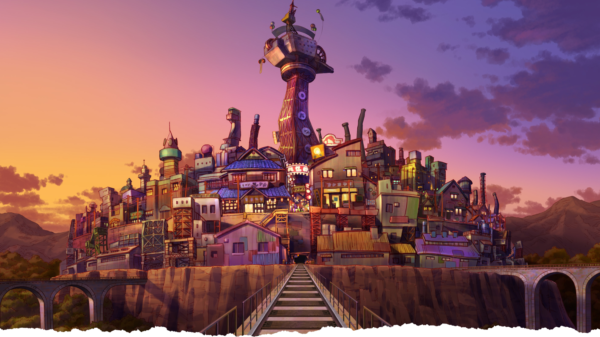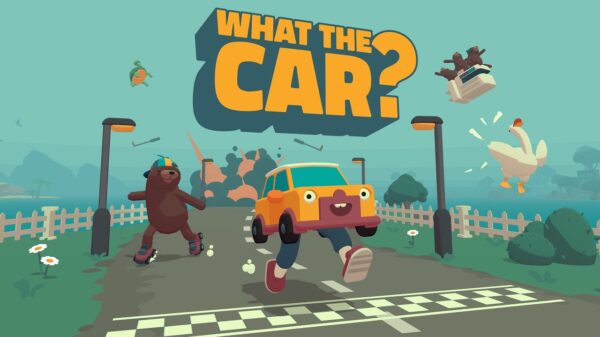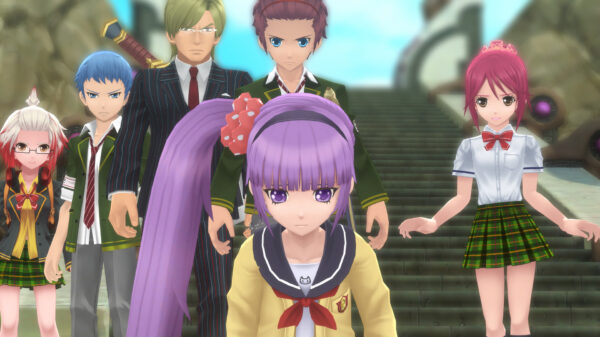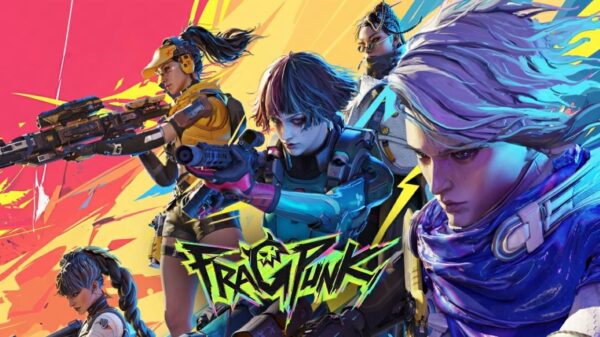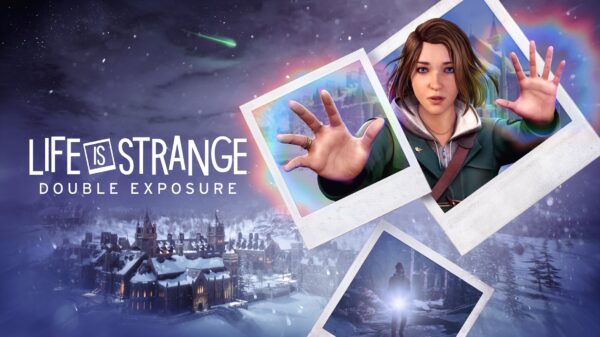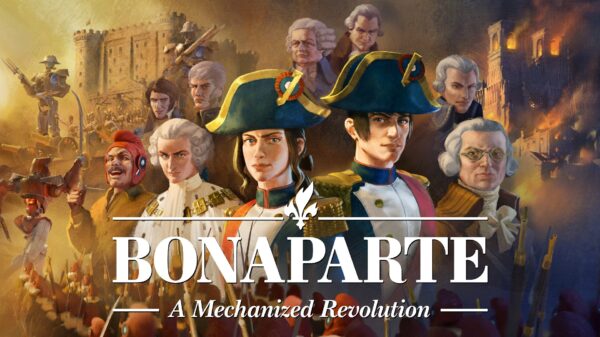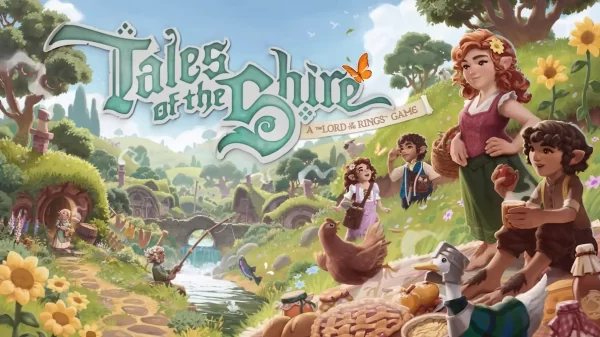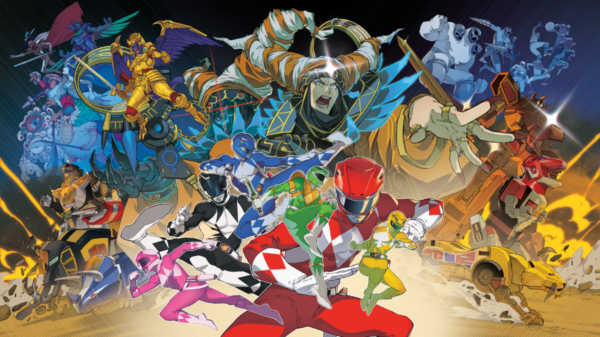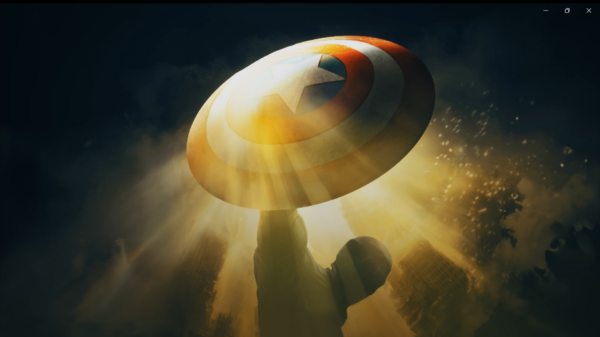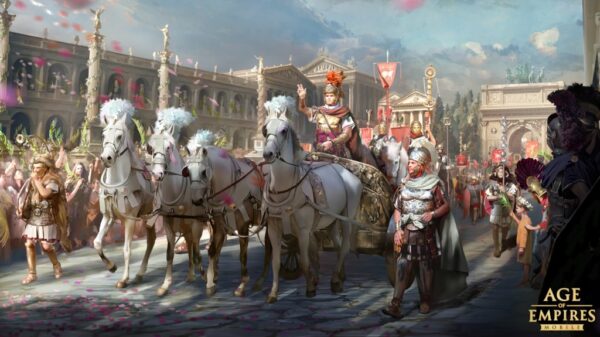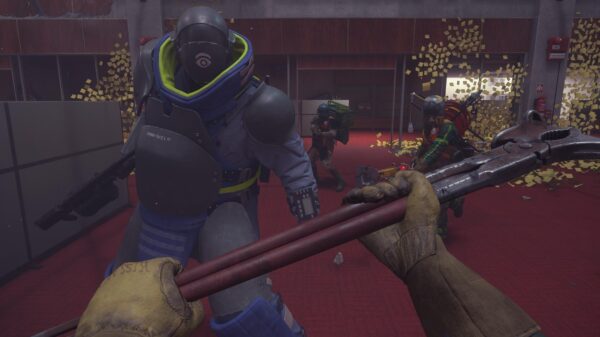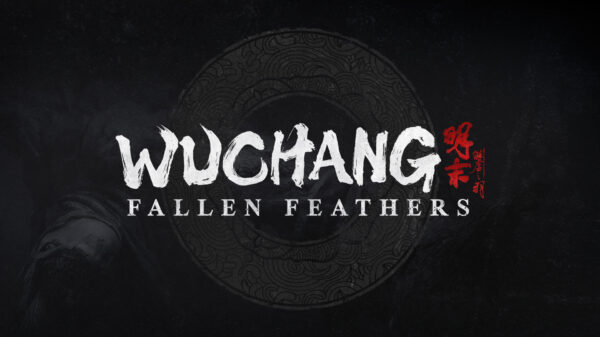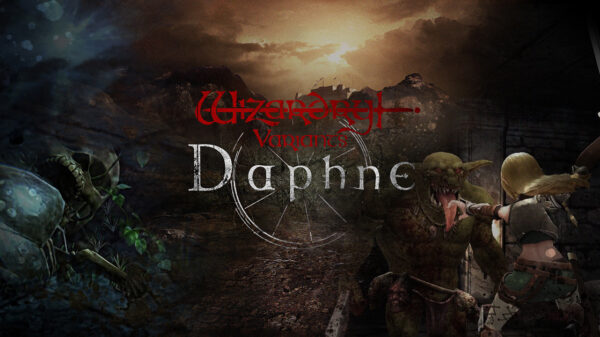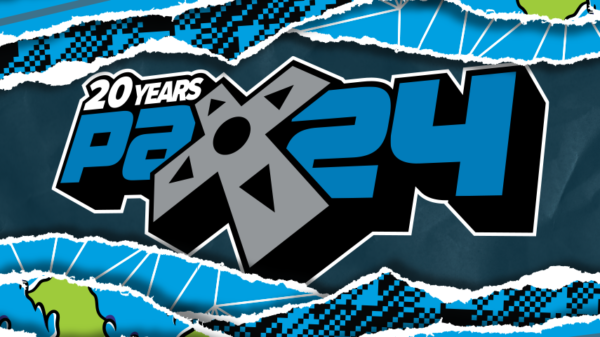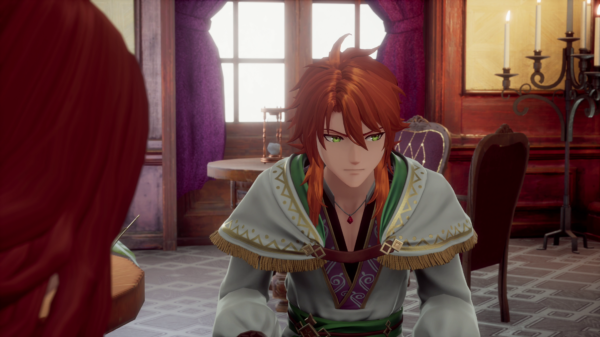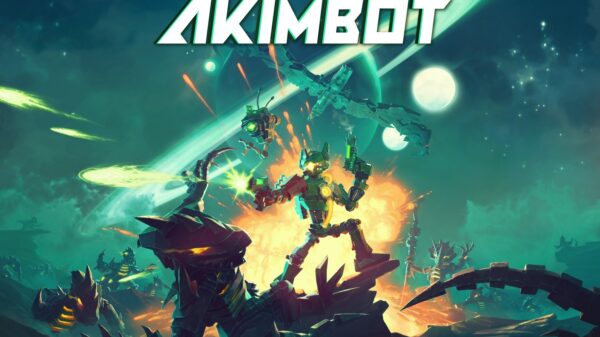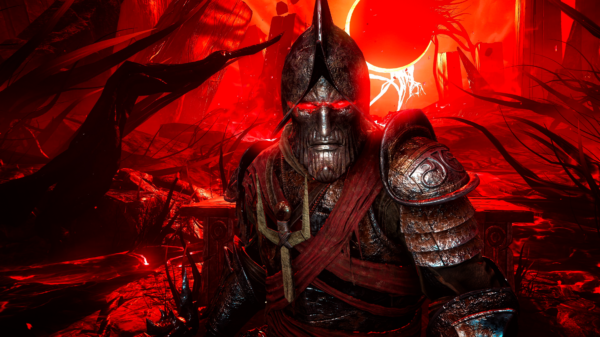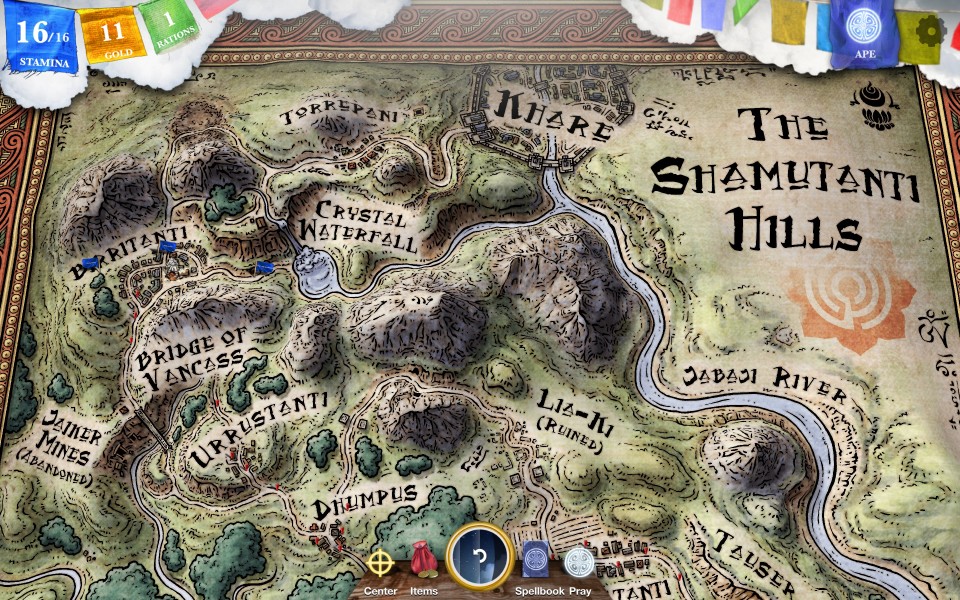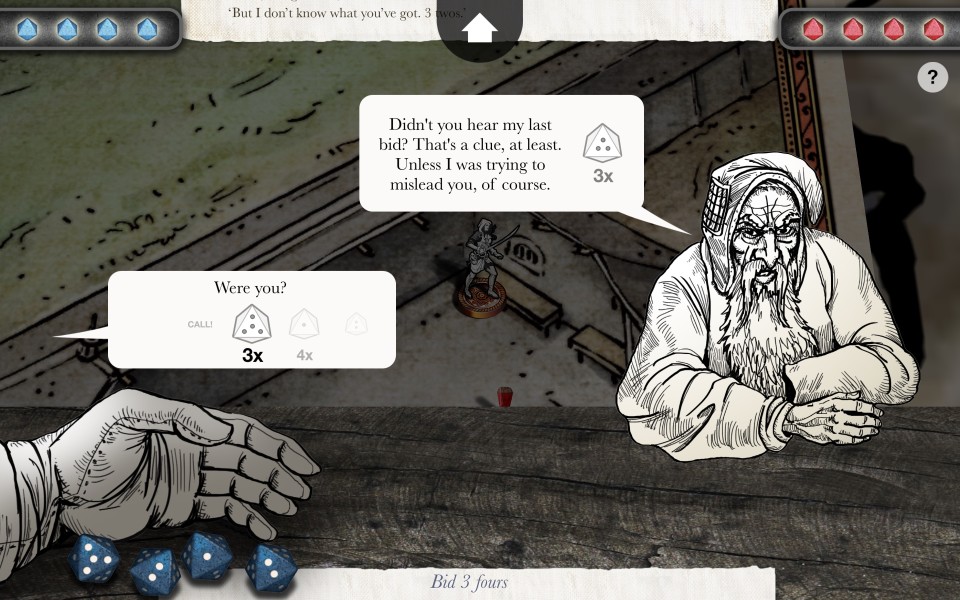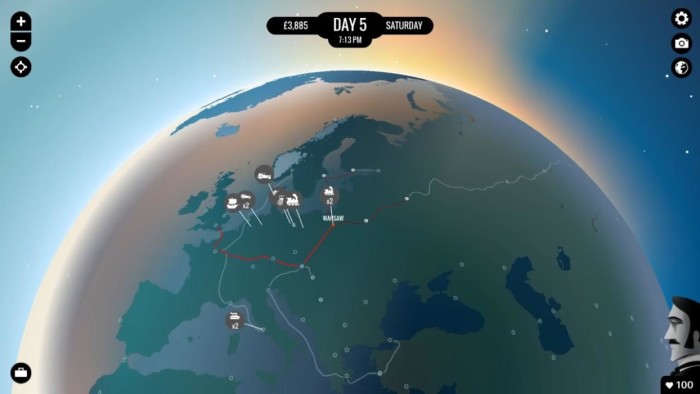A classic storytelling adventure of swords, goblins, magic and monsters; all with a fresh coat of paint, but do its old roots hold firm in the shifting sands of modernity?
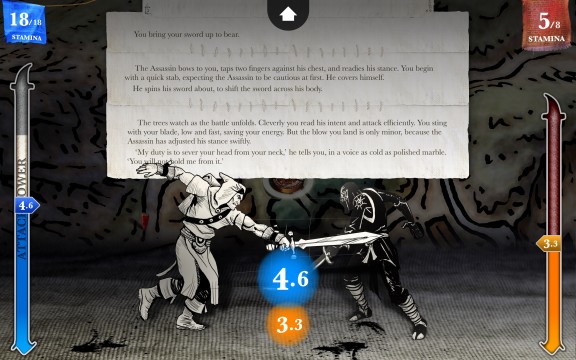
Developer: Inkle Studios
Price: $9.99
Platform: PC, Mac
MonsterVine was supplied with PC copy for review
The original Sorcery! was a 4-part series of adventure gamebooks that walk the line between choose-your-own adventure stories and solitaire role-playing games. Written in the early 1980’s by the legendary game designer Steve Jackson, most notably known for such table-top powerhouses as Munchkin and GURPS, Sorcery! has been reinvigorated for a new audience.
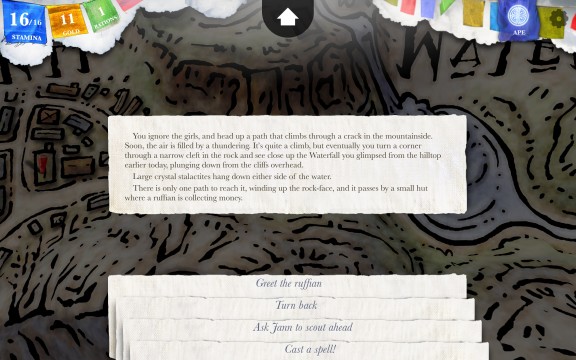
Turning a book laden with text into an interactive visual experience is not an easy task, but it is certainly one within the wheelhouse of developer Inkle. The resounding success of their previous project 80 Days has led to high hopes for this release. After hitting the mobile market first, Inkle is now releasing a bundled package of part 1 and 2 for PC and Mac.
Sorcery! Parts 1 and 2 (hereafter referred to as just Sorcery!) is a simple game at its heart, enriched by a gripping fantasy tale that twists and turns with every player decision. Beginning like most stories of its ilk, you are given a quest! Your character must venture out into the foreboding and dangerous world in order to reclaim a mystical crown from an evil tyrant. Using only your sword, magic and wits, your goal sends you across the map, overcoming challenges at every turn. Though the narrative may be simple, it is just a foundation to present all the small and delightful interactions that occur throughout your journey.
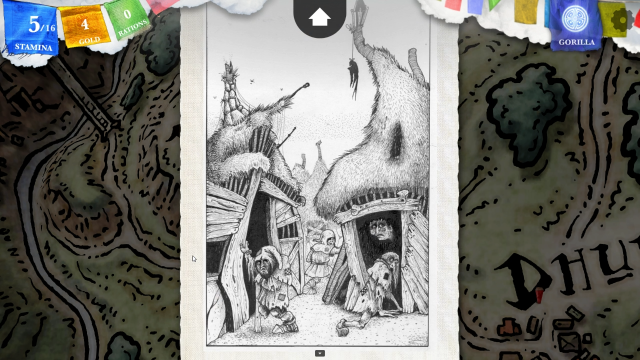
Every location you travel holds an encounter, whether that be noticing a shadow in the bushes, or falling down a river bank. What makes these events unique is the ability to decide your fate. Take, for instance, the riverbank example (which occurs very early in the game). As you begin to slip on the rocky surface you are presented with an option to stab your sword into the ground to slow your descent, however doing so is fruitless as the slope is composed of, as previously mentioned, rocks. This is just a single example of decisions you will be making constantly.
There is an element of attrition to your travelling. Stamina is both your health points and mana pool. Resting and eating rations replenishes that resource, whereas starving, getting into fights, or casting spells depletes it. Hit zero and the game’s over; that is unless you rewind.
The rewind function is an unfortunate necessity as some events are a matter of trial and error. No one wants to replay an entire game just to have another crack at a puzzle. However, it is obscenely unsatisfying knowing that if you make a bad decision, the consequences can be wiped away with the click of a button. Like holding a previous page in a choose-your-own adventure book, it feels a little bit like cheating. It’s also a mechanic that lends itself to players retrying a successful encounter to simply obtain the optimal result.
If your sword is calling for blood and your fingers itching for lightning, do not despair they will have their fill. Physical combat is a mini game of predictions. You must select a level of power from your combat meter that is compared to the enemies; if you win they take stamina damage. The challenge comes from your combat meter refilling at a slower speed than your love of slashing. Defending, and risking weak attacks, is necessary for success. Again however, the option to retry a battle (even if you win) makes each one feel more like a decision about whether you did well enough, as opposed to being a struggle to survive.
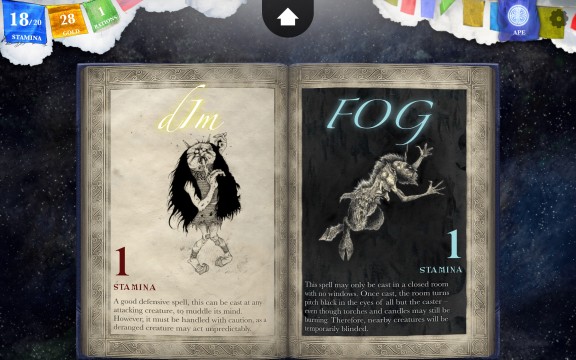
Magic on the other hand is a versatile and unique beast. You carry a tome of spells and each is made up of three letters (eg. ZAP for lightning or DUM to make an enemy clumsy). Most have a stamina cost in order to cast, where others require items that you acquire during your travels. Every so often during an encounter one of your options will be “Cast a spell.” Doing so opens up a mystical, orbital menu allowing you to pick a selection of letters. The results can be hilarious to disastrous and trying to think up interesting ways to use your magic is a real treat. Again, unfortunately, there are limitations. The menu only contains a couple of spells to choose from, not the entire book, and at times wasn’t allowed the magical freedom I wanted. I had accidentally stumbled into an encounter with some goblins and went to cast a spell to avoid combat. In the menu I had access to the letters DUM, but was only allowed to cast MUD (a spell for creating quicksand requiring an item I didn’t have).
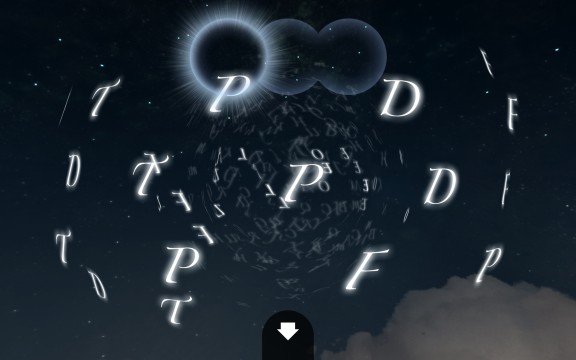
Beautifully depicted maps, filled to the brim with mountains, mines, bridges and villages make exploring a pleasure. Alas, there does seem to be a slight disconnect in style between the original printed book illustrations used in some parts. An old caricature of a zombie, while fitting in its original context, is less impressive as the newly designed sprite wildly swinging its limbs in combat. One of my favorite touches is the way they depict additions to the scrolling text. Small clippings of story are tied together with twine and really give a sense of the narrative being your creation with the ending under your control.
Music is sparse but fitting, but more importantly the sound design is magnificent. Travelling through a town, forest or cave have their own distinct feel thanks to to the elegantly crafted ambience. Each new location cements the feeling of going on an adventure in a mysterious and fantastical world.
Centered around replayability the game length is quite short, as it expects you to play through the adventure multiple times trying multiple paths. Unfortunately the niggling rewind feature takes a bite out this as well; since you will most likely get to see everything in a couple runs. Even more frustrating is the end of the second part, without heading into spoiler territory, if you failed to collect all the elements to solve a mystery the game’s answer is an offer to rewind to the very beginning!

The Final Word
Sorcery! Parts 1 and 2 is the reincarnation of a classic game from a classic era. While the new polish is inspiring and makes it much more more accessible to a newer audience, there are still a number of issues that arise from its dated design.
– MonsterVine Rating: 3 out of 5 – Average

